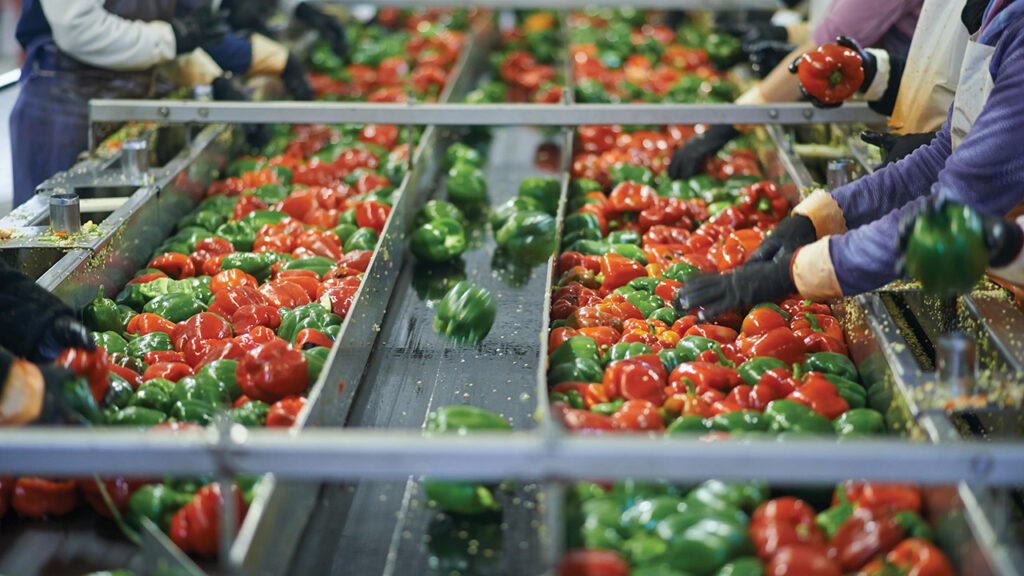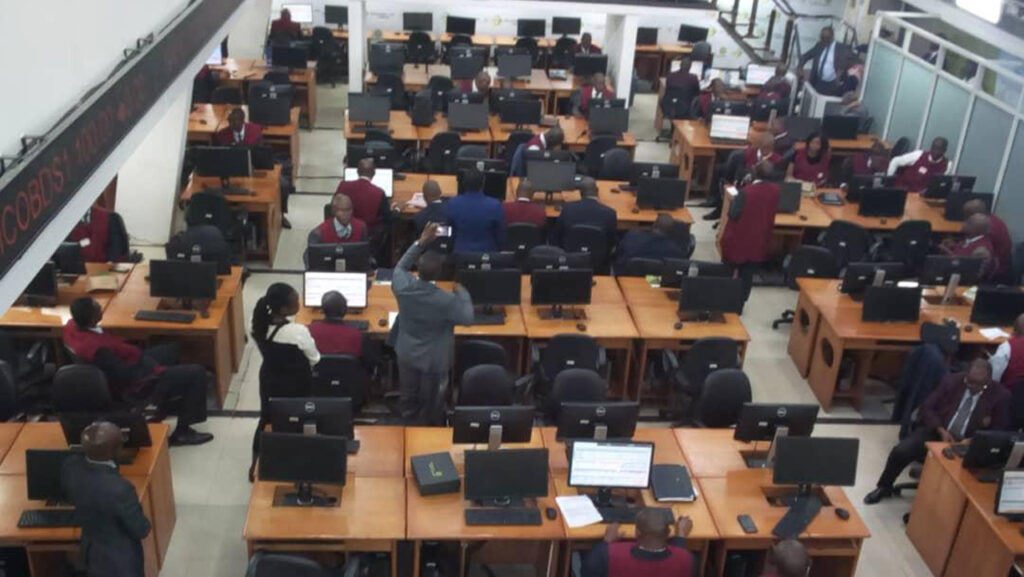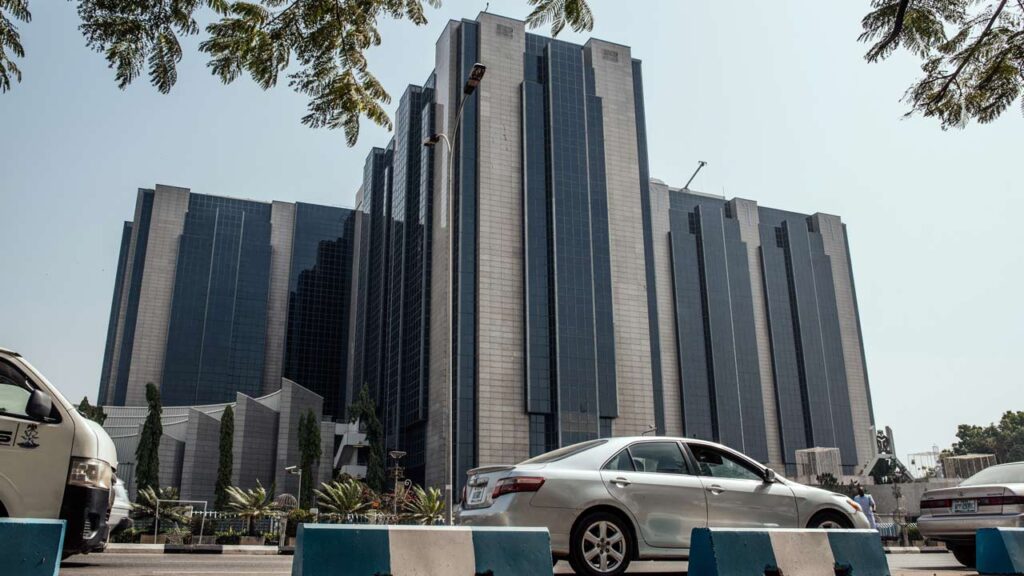
There is a need to address challenges in the food and beverage sector as deliberate efforts to tackle inflation in the country.
The Chief Executive Officer of the Centre for the Promotion of Private Enterprise (CPPE), Dr. Muda Yusuf, said this at the 45th yearly general meeting of the Association of Food, Beverage and Tobacco Employers (AFBTE), in Lagos, where he spoke on the topic ‘Current Economic Reforms: Implications for the Food, Beverage and Tobacco Sector’.
He noted that the food and beverage sector is critical and strategic to the Nigerian economy, as it accounts for an average of 55 per cent of the manufacturing gross domestic product (GDP) and also contributed about N39 trillion to the country’s GDP in 2023, according to the National Bureau of Statistics (NBS).
However, he lamented that the economic reforms by the current administration had inflicted some shocks and dislocations on the economy and businesses.
These shocks, Yusuf said, are pervasive, impacting all sectors and categories of businesses, including the micro, small, medium, and large enterprises and the informal sector.
On what the government should do to mitigate the shocks of economic reforms on investors in the food and beverage sector, the CPPE boss among other solutions preferred that there should be a framework to manage volatility in the FX market, peg the customs duty exchange rate at between N800-N1000 per dollar and put an end to dollarisation of gas used by manufacturers.
He said the government should give concessional import duty on intermediate products used in the food and beverage sector, reinvigorate the development finance institutions to provide concessionary financing and also step up internal security to deepen the linkages between the agriculture sector and the food and beverage sector.
According to him, it is important to recognise the reality of market failures and have a strategy of state intervention to manage it, adding that no economy is managed entirely on free market principles because of the reality of market imperfections.
President of AFBTE, Chinedum Okereke, in his address, said the business operating environment in 2023 was harsher than the previous year with unprecedented challenges to many businesses.
He said the change of government in May 2023 brought its wake far-reaching policy changes, the effect of some of which could be surmised as pernicious and suffocating.
This, he said includes the removal of subsidy on Premium Motor Spirit (PMS) and the floating of the Naira that resulted in massive devaluation, leading to significant foreign exchange losses for businesses and causing many to experience negative capital.
The development, Okereke said manifested in loss of investments and investors’ confidence in the economy, resulting in reduced foreign investments.
According to him, it also resulted in the closure of businesses and the exit of some big multinationals that had been in Nigeria for many decades.
On the continued pre-eminent status of the food and beverage sector, the AFBTE chief said there is a need for government’s support to the industry in ensuring food security and safety in the face of adulteration and counterfeiting, urging the various levels of government to collaborate with the industry in the fight against the criminals.
He listed concerns such as the varying rate of clearance at the ports, forex scarcity, issue of devaluation of the Naira, provision of support to member companies, creation of more free trade zones and support for exporting companies among others, the association would like the Federal Government to look into to ensure business continuity, especially at this uncertain and volatile time.
He appealed that the government should allow businesses to deduct unrealised exchange losses for tax purposes.













